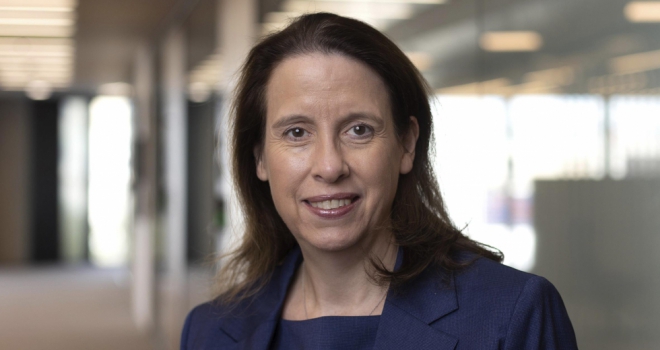
"Treating colleagues well, protecting against group think and delivering for a diverse range of customers should not be controversial or antagonistic. It’s the right thing to do."
- Sheree Howard, FCA
Recent changes in culture within financial services firms still need to become fully embedded in order to better attract women into the sector, the FCA's executive director of risk and compliance oversight, Sheree Howard, has said.
Speaking at PIMFA’s Women’s Symposium, Howard said the wealth management and financial advice industry still needed a "different and better mix of advisers and advice" to ensure that women were receiving the help they needed.
While much had changed in the thirty years since she had begun working in financial services, Howard said she feared the industry was in danger of “going backwards”. The rate of appointments of women to wealth management and financial advice boardrooms is continuing to fall and has fallen 28 percentage points in the last year, she said. Meanwhile, in the previous year a third of all board appointments were women, down from 61% the previous year.
There has also been a decline in the share of women employed in the industry overall, from 51% to 43%, despite the sector continuing to expand. While this was partly attributed to the removal of lower skilled roles in which women were more highly represented as well as advances in technology, there is more that is needed to be done to attract women into the industry, she said.
Financial services firms need to pivot towards “attracting women into more rewarding mid-level and senior roles” Howard said, adding that the way to do that was to ensure the right culture existed, so that the right talent is attracted to the industry at the start of their career.
One of the main deterrents to women entering financial services were the large instances of non-financial misconduct, which often took the form of sexual harassment, and this misconduct could destroy a firm’s reputation, as well as contributing to toxic group think, she added.
Howard called on firms to tackle those individuals that did “not meet their [professional] standards by risking their firm’s reputation, their clients’ money and their colleagues’ wellbeing”.
She called it “striking” that 74% of respondents were supportive of recent FCA proposals to tackle non-financial misconduct.
And she also reminded delegates of the FCA’s whistleblowing hotline. She raised concerns about sexism in the City and what she called “the pernicious use of non-disclosure agreements to try to supress whistleblowing”.
Howard stressed: “It is worth reminding ourselves collectively that nothing in an NDA can prevent an individual from reporting an incident to the FCA. And I mean nothing.
“Treating colleagues well, protecting against group think and delivering for a diverse range of customers should not be controversial or antagonistic. It’s the right thing to do."
Liz Field, chief executive of PIMFA, commented: "The financial services industry has seen tremendous progress in both providing women with the opportunities that they need as well as creating a workplace which allows them to truly fulfil their potential.
“While this progress is undeniable, it’s clear there is still much work to do and the figures outlined by the FCA are testament to that. Women are set to control 70% of global wealth within the next two generations which makes the business case for the change in culture we want to see undeniable, and I echo Sheree Howard’s sentiments that this should be a wake-up call to the industry.
“We also strongly support the FCA’s expectations of firms to tackle individuals who do not meet their professional standards for both financial and non-financial misconduct. We believe that there is clear role for the Regulator to set out its expectations of firms in this regard and are committed to working with other relevant industry bodies to better equip firms with the tools needed to identify and act on issues of non-financial misconduct.”





